Climate Change in the Background
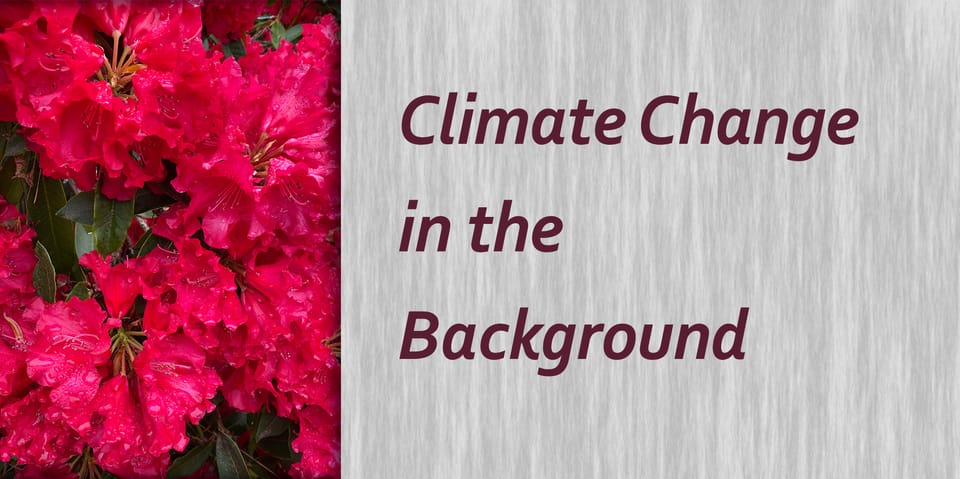
Most climate fiction is set in a dystopian world that describes a bleak future after human efforts to halt warming have failed, society is on the ropes, and people struggle for survival. Dystopia is an easy backdrop to help create tension and raise challenges for characters to overcome, but there is no way to inspire readers to take action in the present to stop climate collapse because in a future dystopia it is already too late.
Unfortunately, dystopian climate fiction is what publishers are publishing, but a good story can also be set against a backdrop of climate change that is happening around us right now. The setting may not be so bleak, but the tension in the plot can still be engaging. I look for stories like these to inspire me. One such book is Little Great Island by Kate Woodworth.
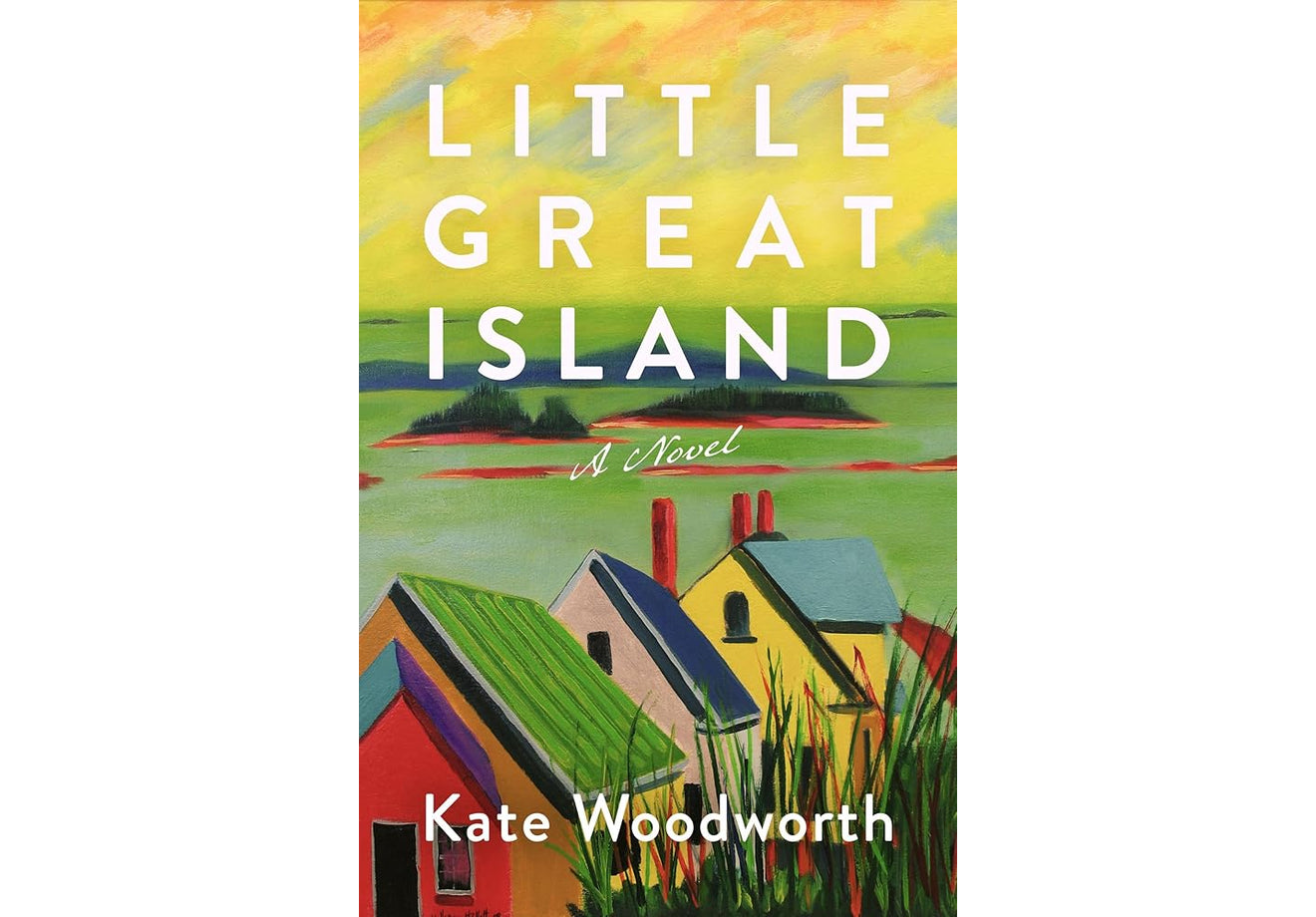
The publisher describes the book this way:
After offending the powerful pastor of a cult, Mari McGavin has to flee with her six-year-old son. With no money and no place else to go, she returns to the tiny Maine island where she grew up—a place she swore she’d never see again. There Mari runs into her lifelong friend Harry Richardson, one of the island’s summer residents, now back himself to sell his family’s summer home. Mari and Harry’s lives intertwine once again, setting off a chain of events as unexpected and life altering as the shifts in climate affecting the whole ecosystem of the island…from generations of fishing families to the lobsters and the butterflies.
Climate change is the backdrop to this literary fiction, a character-driven story about rural life on a small island on the Atlantic coast. Islands are becoming one of the first casualties of climate change, so it's a very appropriate setting. In the book, the rising ocean surges onto the island’s roads during winter storms, and lobsters are getting scarce because of warmer waters. This creates economic stress—fishermen might lose their fishing boats—making the townsfolk question the viability of life on the island.

This is a very local story about characters navigating the subtle ways that climate change makes their lives worse. Mari’s solution to her custody troubles has a climate connection too. To keep custody, she fights to create a new economic stream for the islanders—sustainable farming in the rich island soil. Her quest showcases both climate resilience and mitigation: resilience by giving the islanders healthy food to eat that also becomes an alternate economic endeavor beyond fishing; mitigation by using regenerative agriculture to retain carbon in the soil, control sediment and nutrient runoff into the ocean, as well as cut pesticide use which can affect the island pollinators.
This story also raises the local issue of development versus nature. Mari needs land to farm, but development threatens her chance to acquire it. She could lose custody of her child if the developers win. As you root for her to save the land from them, you want to save the island from climate change, too.
The pressure for development is an issue many readers can relate to. I am in the midst of a thorny local effort to balance tree, wetland, and salmon preservation with the need for more housing by advocating for changes in my city’s development code. It's a mind-numbing task to read municipal code, but it's one way to make a difference. Little Great Island brings this struggle to the reader’s attention in an effective way.
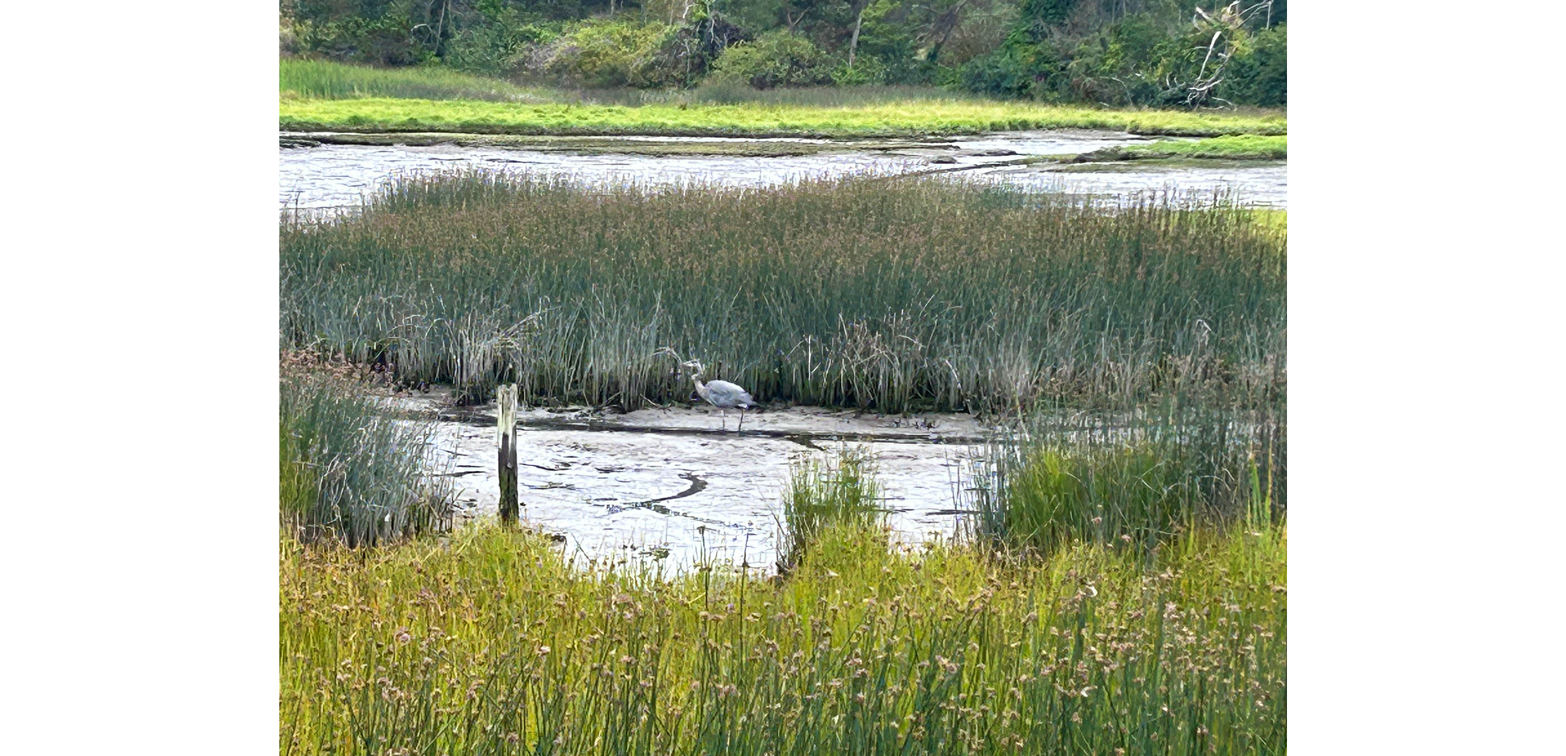
This story isn’t about the global struggle to reduce emissions, but focusing on these “smaller” economic and development struggles emphasizes to the reader that the world is impacted by climate change right now. There could be so many more stories like this to bring climate change into our cultural awareness. Some stories will be more direct, such as my own climate mystery, The EarthStar Solution, which encourages political action and challenges excessive consumer consumption. Little Great Island is a good example of subtler ways to inspire readers to take climate action by using climate change as a backdrop for local stories that touch a reader’s heart and intertwine strong emotional content with calls for present day change.
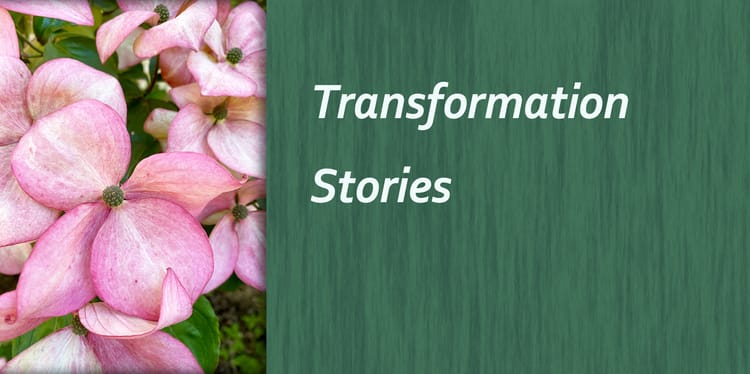
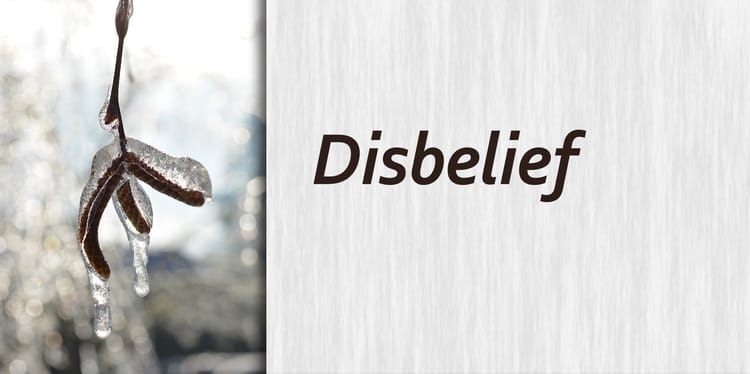
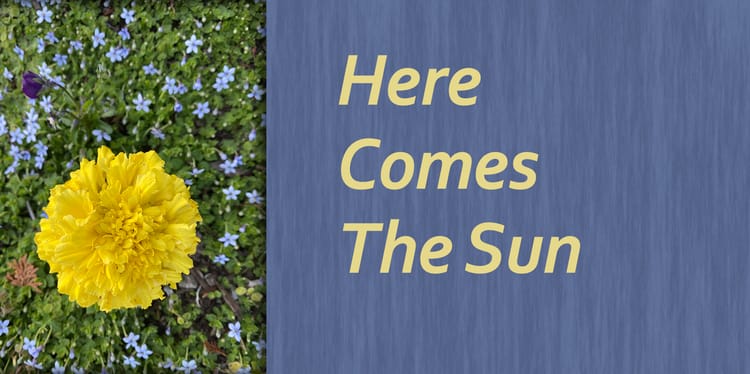
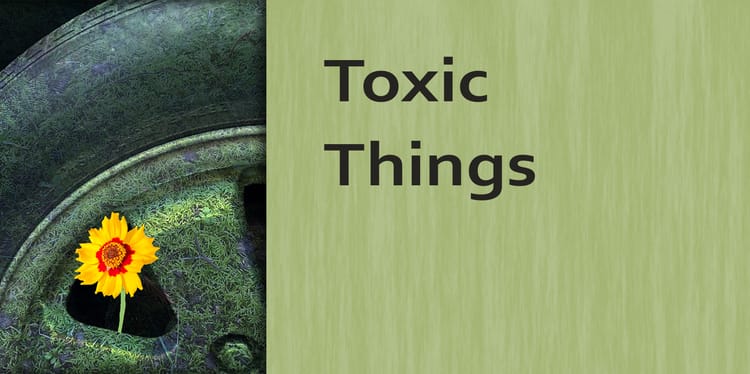
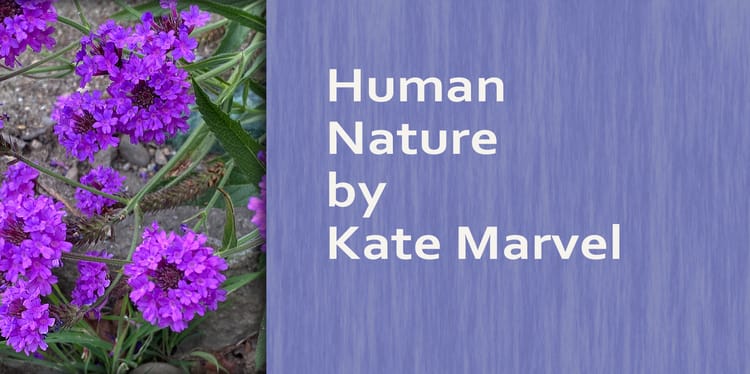
Member discussion